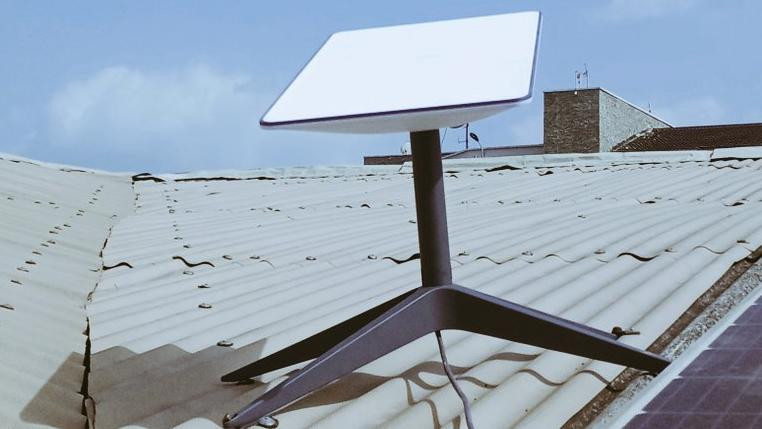
The much-spoken-about arrival of Starlink in Zimbabwe – if it gets licensed to operate in the country – will not provide direct competition to mobile network operators in the country, according to industry analysts.Last week social media was awash with conversations – some of them very emotionally charged – insinuating that the authorities were ‘protecting’ local telecommunication companies by denying Starlink a licence to operate in the country. Both the government and the postal and telecommunications regulatory authority Potraz deny the charge. But now some analysts have weighed in, saying Starlink will not pose a direct competition for local mobile network operators (MNOs) such as Econet, NetOne and Telecel, because they say its low orbit satellite service largely targets a different market segment to the MNOs.Global Renaissance Investment chief executive officer Ngoni Dzirutwe said while Starlink's growing fleet of low-orbiting satellites can deliver low latency fast internet speeds, the service is not cheap.“Starlink’s equipment and connection fees run to hundreds of US dollars (about US$600), with an additional monthly fee of around (US$37 in Zambia), therefore placing it at significantly above the (economic) means of the majority of customers in Zimbabwe,” Mr Dzirutwe said. He noted that statistics from Potraz indicate that mobile network operators’ average revenue per user (ARPU) over the past couple of years is round about US$7 per month. “In this case, Starlink’s monthly charges alone present a substantial expense for home internet service, particularly considering that its speed falls short of that offered by cable or fibre connections. “Therefore, contrary to popular belief, neither Starlink nor any other satellite-based service provider will necessarily cater to the mass market in the way MNOs do,” he said. “While MNOs rely on terrestrial infrastructure, such as cell towers and fibre optic cables, Starlink utilises a network of low-orbit satellites, offering high-speed internet access with low latency. This distinction is crucial because it means that Starlink's service isn't a direct substitute for mobile data but rather a complementary option, particularly in areas where terrestrial infrastructure is impractical or costly to deploy,” he said.This view was echoed by outspoken journalist Hopewell Chingono, who highlighted that in markets where Starlink has an established a presence, mobile phone networks have experienced minimal if no competition losses.“You will still use Econet, or your preferred mobile phone network of choice (NetOne or Telecel) even when you have Starlink, the same way that you still use Econet with WiFi-based internet at home. Econet is a mobile based service provider, you don’t drive around with your Starlink device, you leave it at home, but you will still need to connect when you are away from home,” he said.Ms Jacqueline Ntaka, the CEO of Mviyo Technologies, also weighed in saying the government should carefully consider all the pros and cons before licensing Starlink.“Starlink is a monopoly that could undermine the competition and innovation of other internet providers, especially local ones, that can offer more affordable and tailored solutions for the needs and preferences of Zimbabweans,” she said.Ntaka added that the SpaceX product may also create a digital divide between those who can afford its service and those who cannot, as well as between urban and rural users, where the availability and quality of the service could vary significantly.“Zimbabwe should not accept Starlink without negotiating the terms and conditions that would protect the interests and rights of its citizens. Zimbabwe should also explore other alternatives and options that could provide better and more ethical internet access for its people, such as investing in its own infrastructure and collaborating with other regional and international partners. “Starlink may look like an easy and convenient solution for Zimbabwe’s internet problems, but it is not a magic bullet,” she said.






